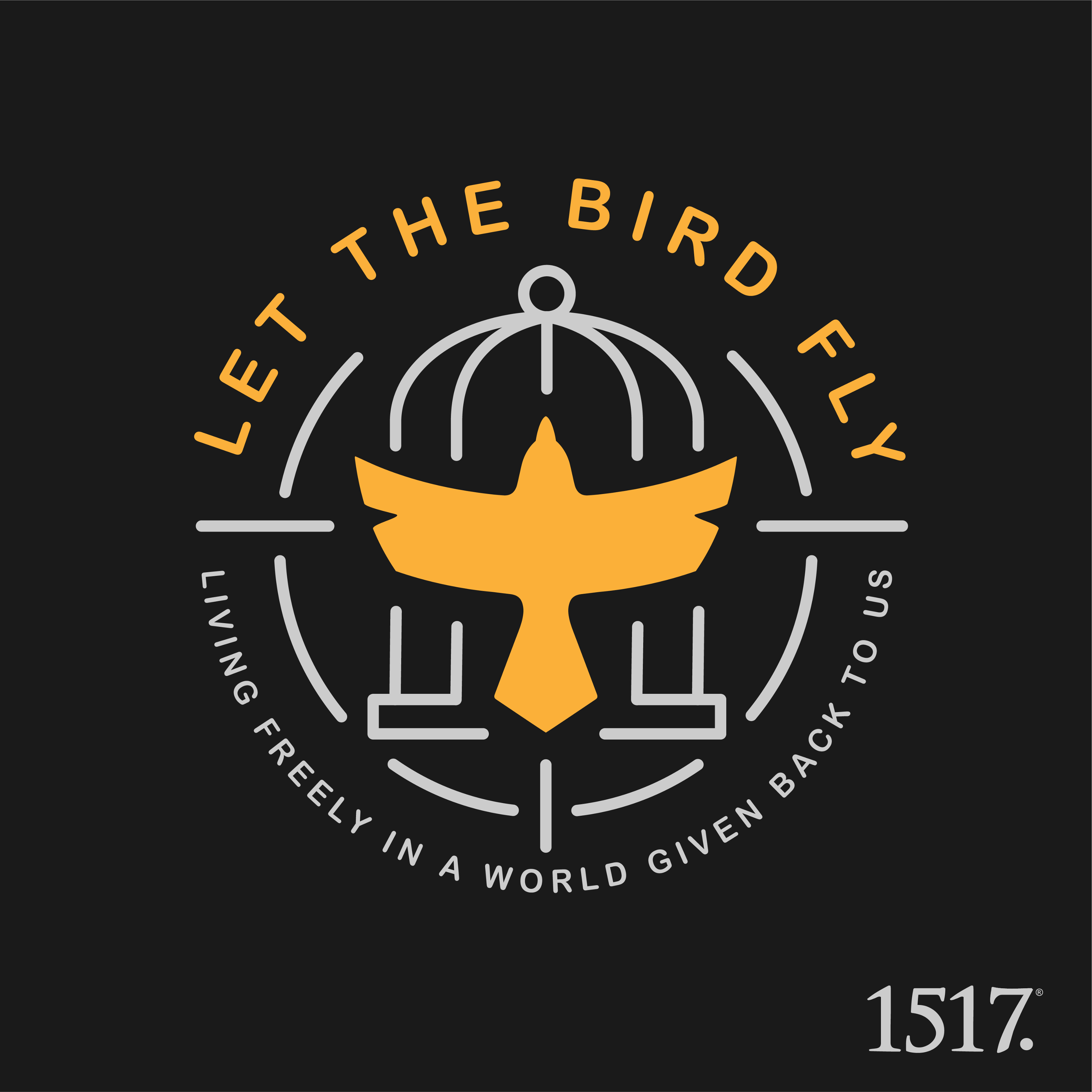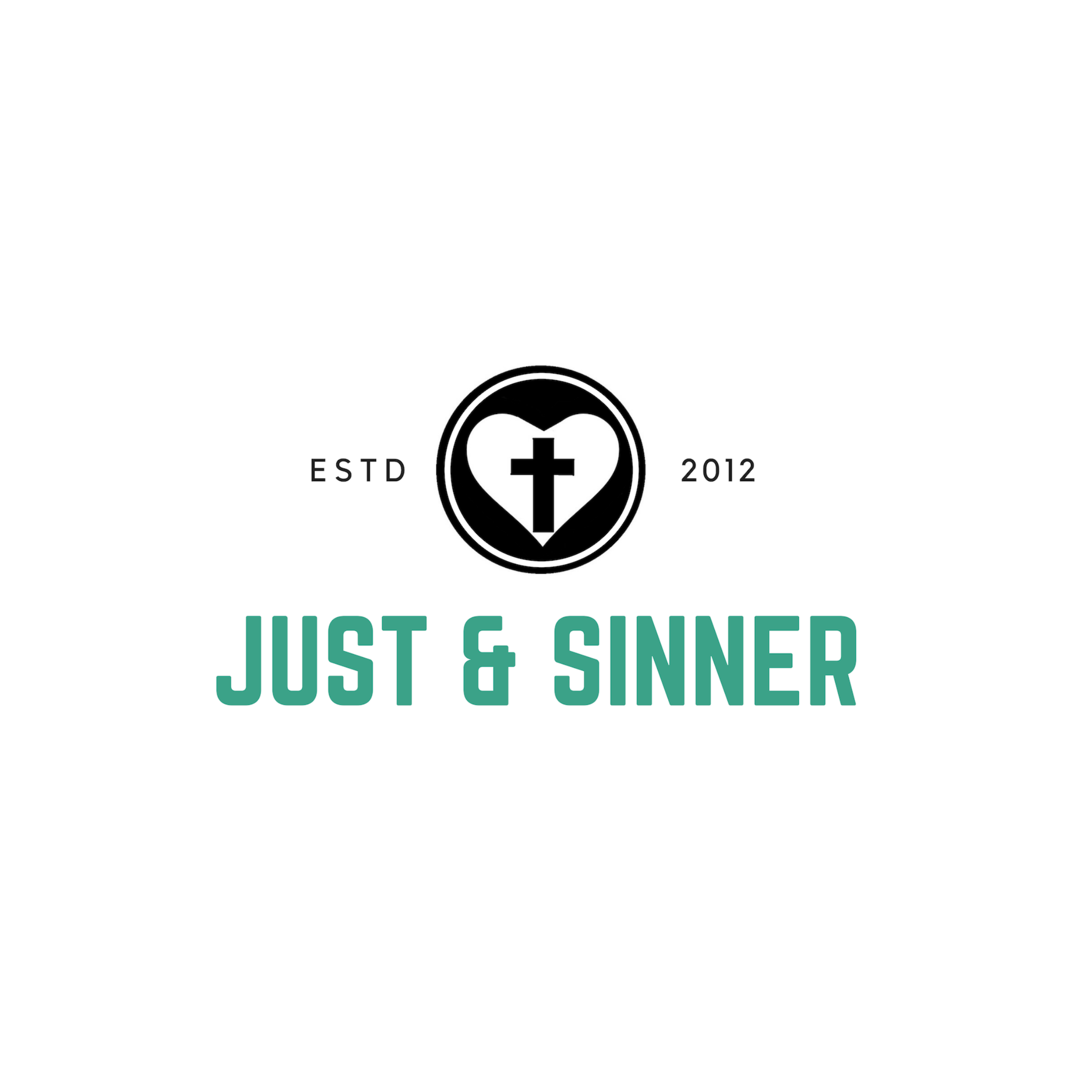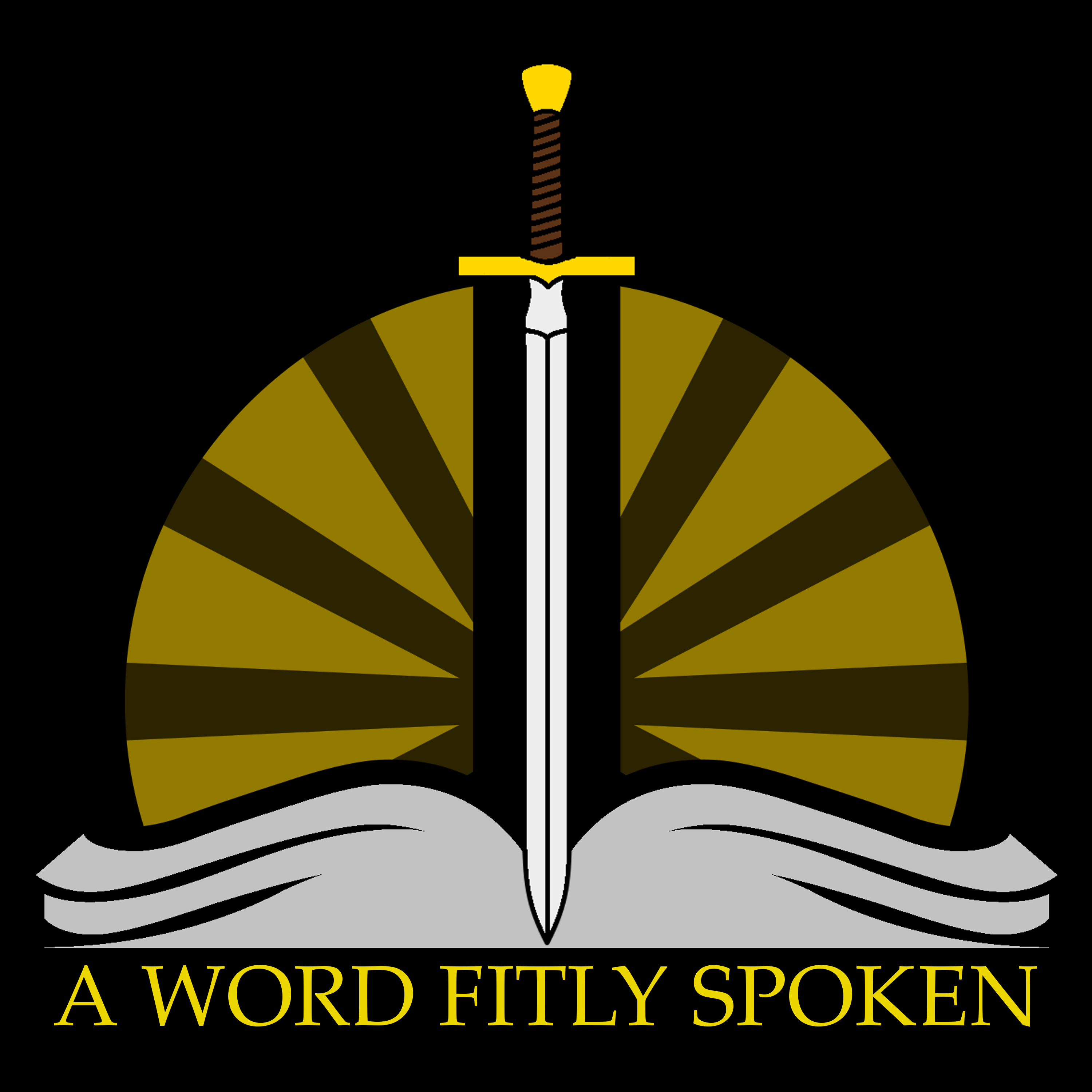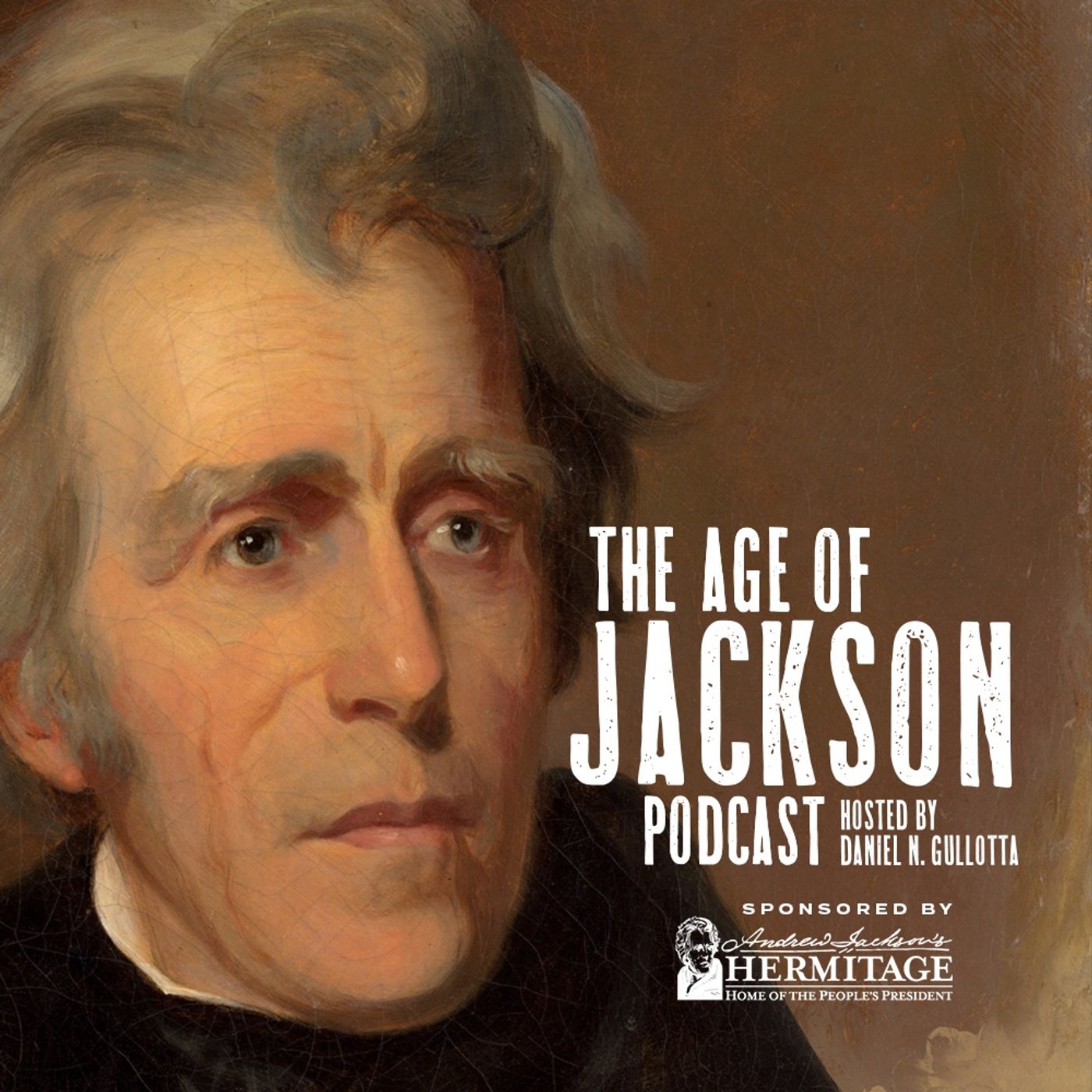
The Lutheran History Podcast
The Lutheran History Podcast interviews professional and independent historians on their work, covering over 500 years of Lutheranism. We hear new stories, examine old heroes of faith, and dig into the who, how, what, and why of history-making.
The Lutheran History Podcast
TLHP 70 The Wisconsin Synod Prints in German
This is a special episode of a presentation I prepared for the Society of German American Studies symposium in April in Milwaukee.
--
The year 2025 marks the 175th anniversary of the Wisconsin Evangelical Lutheran Synod. Originally established in the Milwaukee area as the Die erste deutsch. evang.-luth. Synode von Wisconsin, this German immigrant ecclesiastical organization, immediately needed printed materials in its native language that would serve the needs of its people in a new geographic and social setting. The Wisconsin Synod primarily sought to preserve and transmit conservative confessional Lutheranism in the first several generations. The motto, “Halte was du hast,” crowned the synod’s first regular publication, the Gemeindeblatt. Its message, “Hold what you have,” reflects the conservative concern of the ministers who encouraged Lutheran immigrants to preserve their faith and pass it on to future generations. Wisconsin Synod leaders also recognized that as the synod faced new challenges and opportunities in its frontier immigrant context, it must also apply theological principles in ways that precluded simplistic repristination of the 16th century Reformation. The resulting “Wauwatosa Theology” came to life in the German publications of the synod.
To meet the needs of its laity, pastors, and scholars, the Wisconsin Synod locally produced various printed materials in the German language to meet its high theological standards. These German American Lutherans required many printed materials: hymnals, service agendas, synodical reports, catechisms, bibles, and devotional literature. Regular publications: the Gemeindeblatt and the Theologische Quartalschrifft not only served to communicate to and inform laity and pastors within the Wisconsin Synod but also spread its news and theology across the nation and back to the German homeland.
The Wisconsin Evangelical Lutheran Synod required German materials for well over a century—despite the erosion of a German-speaking demographic accelerated by two world wars. In the post-war years, the synod experienced an irreversible transition from needing German materials to holding on to them for personal comfort. Still, the synod continued to print officially in German regularly until 1970.
- Confessional Languages Scholarship
- The Wauwatosa Diary (book)
- Youtube ( even more behind-the-scenes videos available for certain patron tiers)
- Website
- Interview Request Form
- email: thelutheranhistorypodcast@gmail.com
- About the Host
- Benjamin Phelps is a 2014 graduate from Martin Luther College with a Bachelor of Arts with a German emphasis. From there went on to graduate from Wisconsin Lutheran Seminary in 2018. Ben has been a regular writer and presenter on various Lutheran history topics. His 2018 thesis on Wyneken won the John Harrison Ness award and the Abdel Ross Wentz prize. He is also the recipient of several awards from the Concordia Historical Institute.
Ben is currently a doctoral student in historical theology through Concordia Seminary's reduced residency program in St. Louis.
- Benjamin Phelps is a 2014 graduate from Martin Luther College with a Bachelor of Arts with a German emphasis. From there went on to graduate from Wisconsin Lutheran Seminary in 2018. Ben has been a regular writer and presenter on various Lutheran history topics. His 2018 thesis on Wyneken won the John Harrison Ness award and the Abdel Ross Wentz prize. He is also the recipient of several awards from the Concordia Historical Institute.
Podcasts we love
Check out these other fine podcasts recommended by us, not an algorithm.

Let the Bird Fly!
1517 Podcasts
Just and Sinner Podcast
Jordan B Cooper
A Word Fitly Spoken Podcast
A Word Fitly Spoken